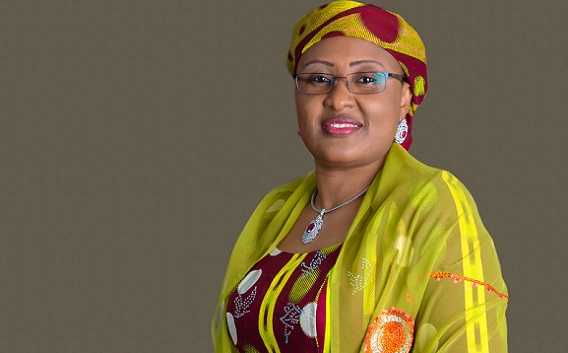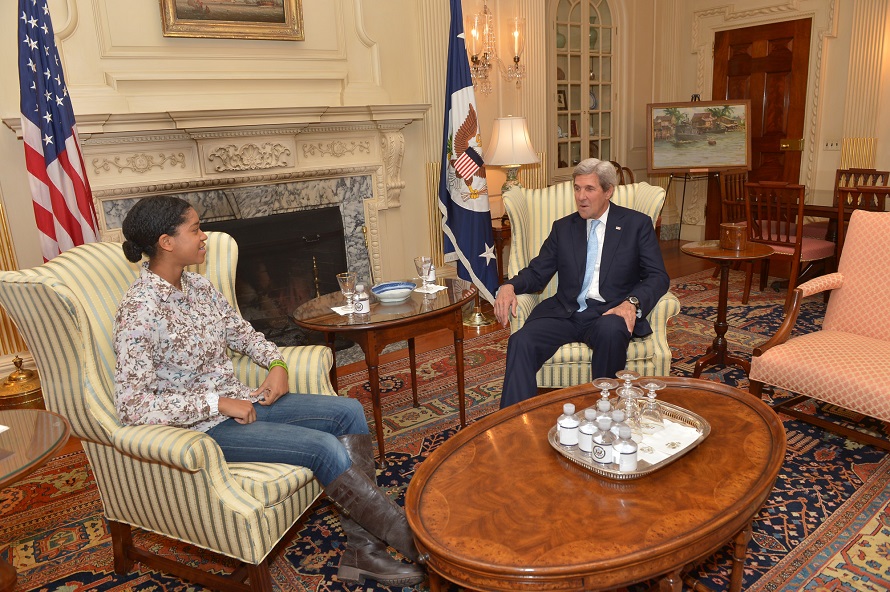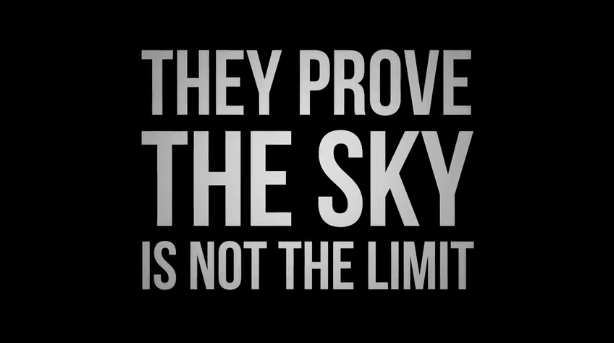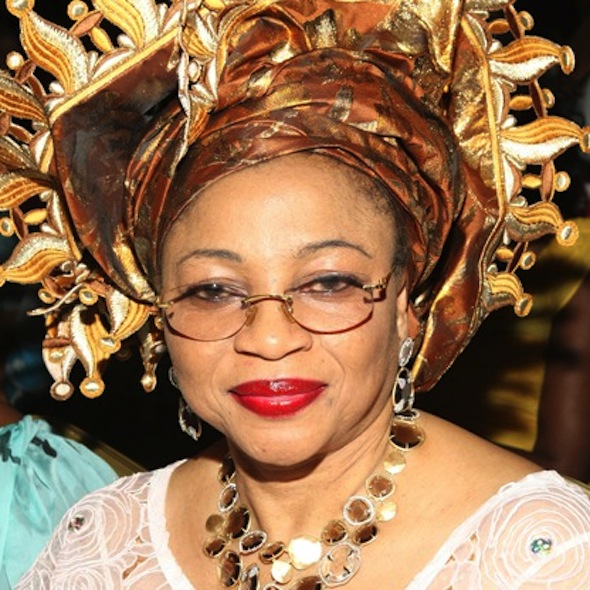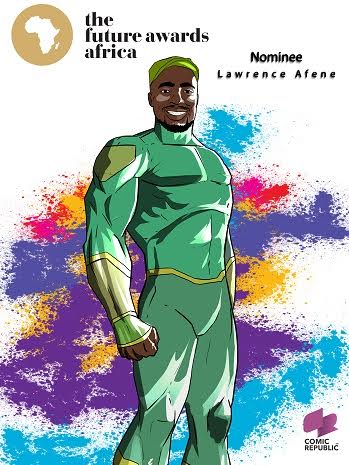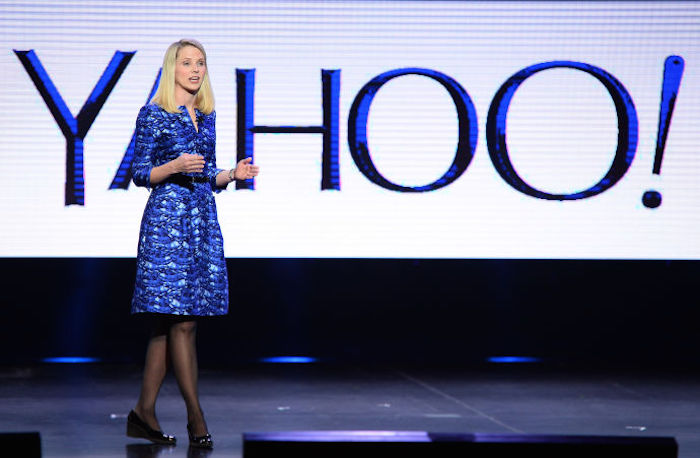One of Africa’s leading development economists and former founding Executive Director for ONE Campaign Africa, Dr. Sipho Moyo has appraised the Bono-founded international nonprofit organization, ONE Campaign and submitted that the organization needs a reform.
Moyo who brought the organization to Africa said ONE simply needs to reform its outlook and treatment of Africa. “They must apologize to Africans for their patronizing attitude and organizational disregard for Africa’s peculiar development priorities whilst covertly promoting an unhealthy neo-colonial, quasi-imperialist agenda. This is nothing short of utter disrespect for ONE’s over three million African members, who have warmly embraced its campaigns, projects and promises. The top echelons at ONE Campaign have never really tolerated open debate, especially with regards to its operatives in Africa. They may pander to the global ethos and ideals of ONE’s more famous co-founder but mostly white managers have essentially hijacked the essence of the organization and replaced it with their myopic agenda”.
She said, “the international development community, including African finance and development experts, particularly those that have worked in similar charity organizations view my appraisal of ONE Campaign’s corrosive corporate culture, disdain for gender parity and disregard of meritocracy within its ranks as being symptomatic of many international NGOs ostensibly waging wars against Africa’s varied development challenges but in reality seeking to perpetuate the status quo”.
Founded in 2004, the ONE Campaign is an international, nonpartisan, nonprofit, advocacy and campaigning organization that fights extreme poverty and preventable disease, particularly in Africa. ONE Campaign is also present in Asia and Latin America but has wielded the greatest influence in Africa when Dr. Moyo grew the members from 75,000 to 3.5million before she left the organization to become the Director of Cabinet and Chief of Staff to the President of African Development Bank.
ONE Campaign has however recently been on the global news radar for the wrong reasons. Over a dozen of its former employees around the world including Dr. Moyo have accused its top managers of humiliation, harassment, and corporate servitude including wanton disregard of their complaints by the global leadership team of the organization. Some of the former employees went further to post their comments about ONE on global HR website, www.glassdoor.com (https://www.glassdoor.com/Rev
Commenting on an internal investigation being conducted by ONE, Moyo advised the organization to review and investigate all allegations in a fair and transparent manner as that will add integrity to their findings. “None of the former employees including me have been accorded a fair hearing. ONE’s global leadership team chose rather to embark on a campaign of calumny against me, as a scapegoat for its own larger inequities, with the organization playing the accuser, judge and jury, in utter disregard for the principles of fairness and probity. In my own case, I have handed over the matter to my lawyers. They all know the game is up as we are speaking up to protect our integrity and precious culture as true Africans. It is time for NGOs everywhere – not just the ONE Campaign – to accept and realize that every country, every people, every culture is capable of producing thought leaders who can and do deliver real change in their own and other contexts. Like always, expect blanket denial from ONE. That is how they operate”.
Moyo also attributes any “witch hunt” on her or any African to ONE’s alleged ‘historically neo-colonial divide and rule mode of operation in Africa’. “Unproven and unsubstantiated allegations against me or any former employee in Africa are essentially part of a much larger crusade being sponsored by racist, anti-Africa elements within the ONE Campaign. As the Executive Director for Africa, I was a firm and principled administrator and I struggled against the organizational tide throughout my tenure, knowing fully well that I had a personal desire and drive to create value for Africa.”
Dr. Sipho reiterated that Africans may have been the biggest losers within the ONE ecosystem despite the fact that the campaign invariably keeps justifying its existence and funding on the back of Africans. “In 2010, when I set up ONE in Africa, its Africa membership stood at about 75,000. By 2015, we had succeeded in smashing the odometer by growing that number to 3.5 million members, larger than the global membership in Europe and America; this notwithstanding the fact that together the European and American offices wielded over 95% of the ONE annual budget while the Africa office made do on shoestring resources but consistently outperformed targets”.
“Chronic underfunding was just one of ONE’s deliberate tactics to undermine the diligence and expertise of its Africa staff, many of whom were competent and suitably qualified women. One of the things that apparently irritated the ‘demi gods’ of the organization in Washington D.C. and London was the fact that, under my leadership, ONE connected directly to Africa’s decision making elite, the business and political leadership that control the continent’s development agenda and even won many accolades such as the 2015 award for best organization making a difference in Africa. I was also appointed in my time by the former president of Tanzania, His Excellency Jakaya Kikwete, to sit on the independent review Panel of the Big Results Now (BRN) Initiative. As the head of ONE Africa, I also championed the move to involve more influential and accomplished Africans in the affairs of ONE in Africa but this was accepted only as window dressing as the organization always found it inherently difficult to respect and give due consideration and acknowledgment of the contributions of Africans to the development debate”.
She recalled several instances where she (claims) she respectfully pushed back and stood her ground. “My refusal to fight Dambisa Moyo after publishing her NYT bestselling Dead Aid and rejection to litter my speeches and presentations with images of miserable, poor, dying Africans, in defiance of instructions from Washington D.C and London did not go well with the leadership. Those were among many other ideological resistances I had to put up on a regular basis. I countered that it was not possible for a white man to care more about Africa’s plight than an African woman. My counter-argument against demeaning and dehumanizing images of Africans was always that homelessness and poverty also existed in the West, yet no one defined America or Europe by these uncomplimentary realities of Western societies”.
Moyo affirmed that her pro-development, pro-Africa track record speaks for itself and no one has ever accused her of harassment, especially as she have not only struggled and fought for equal opportunity for women all her life, but she happen to come from a long lineage of feminists. “I quit ONE Campaign in 2015, to return to my alma mater, the African Development Bank (AfDB), where I was until recently Director of Cabinet and Chief of Staff in the Office of the bank’s president”.
Prior to joining ONE, Moyo had over an 18 year period served at the AfDB, the United Nations (UN) and the World Bank. A much sought-after thought leader and speaker at international development forums, she is also a member of the Global Agenda Council (Africa) of the World Economic Forum (WEF).
Founded in 2007, Ladybrille® Magazine is a California based pioneer digital publication demystifying the image of Africans in the west through contemporary African fashion and celebrating the brilliant woman in business and leadership, with an emphasis on the African woman in the diaspora. Our coverage includes stories on capital, access to markets, expertise, hiring and retention, sales, marketing, and promotions.



